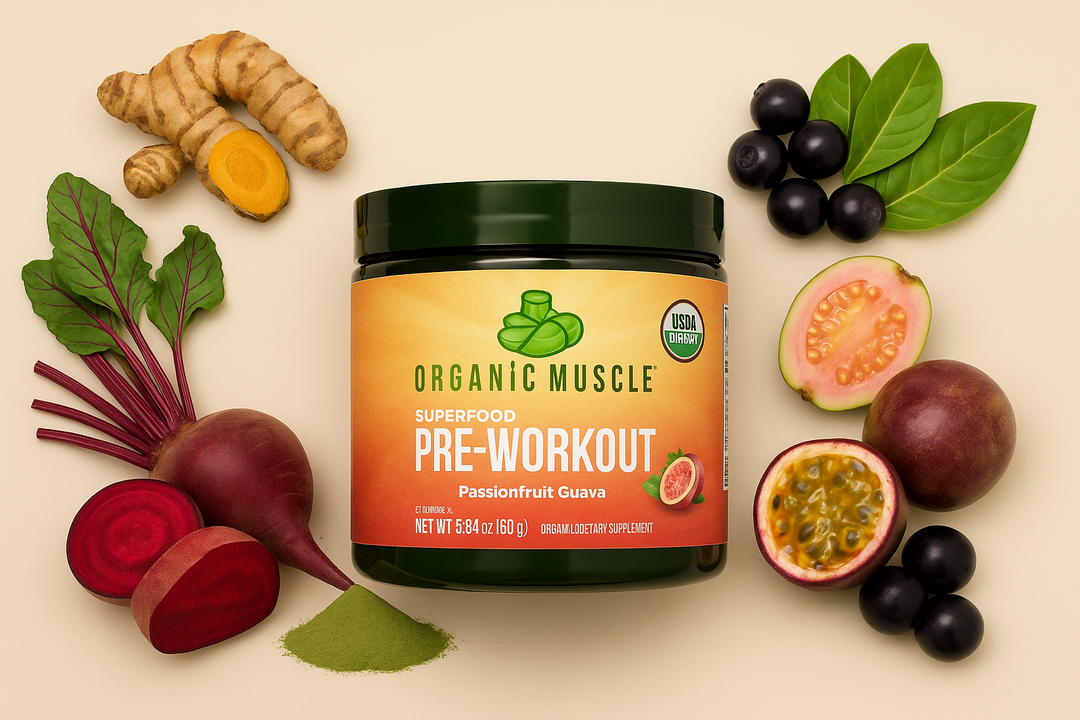In an era where our choices have far-reaching consequences, the politics of food and health play a pivotal role in shaping not only our well-being but also the sustainability of our planet. As we navigate through a myriad of dietary trends and health-conscious decisions, certain keywords like organic, non-GMO, gluten-free, vegan, and more have become the guiding stars for those seeking a harmonious balance between personal wellness and environmental responsibility.
- Organic: Cultivating a Greener Future
The organic movement transcends the boundaries of food choice. It's a commitment to sustainable agriculture, free from synthetic pesticides and fertilizers. Embracing organic foods is not just a personal health choice but a political statement supporting environmentally-friendly farming practices.
- Non-GMO: Taking a Stand Against Genetic Modification
Non-genetically modified organisms (GMOs) have sparked debates about the potential risks and benefits of manipulating nature. Those choosing non-GMO options prioritize natural, unaltered foods, aligning with the political stance of promoting biodiversity and preserving traditional farming methods.
- Gluten-Free: Beyond Dietary Preferences
The gluten-free movement, often associated with those with celiac disease, extends its reach beyond dietary preferences. Choosing gluten-free options may signify a commitment to supporting businesses that cater to diverse dietary needs and promoting awareness about the challenges faced by individuals with gluten sensitivities.
- Vegan and Plant-Based: Ethical Eating for a Better World
Adopting a vegan or plant-based lifestyle is not merely about personal health; it's a political stand against animal exploitation and a commitment to reducing one's ecological footprint. These choices contribute to a growing movement advocating for the ethical treatment of animals and a more sustainable food system.
- Superfoods and Whole Foods: Nutrient-Dense Powerhouses
The emphasis on superfoods and whole foods is a testament to the recognition that food is medicine. Choosing nutrient-dense options supports a political agenda centered around preventive healthcare and reducing the burden on conventional healthcare systems.
- Clean Eating: A Holistic Approach to Wellness
Clean eating transcends fad diets; it's a philosophy that extends to the integrity of our food sources. Those embracing clean eating reject heavily processed foods, supporting political initiatives that call for transparency in food labeling and the reduction of additives in our diets.
- Sustainable and Locally Sourced: Supporting Communities
Sustainability and locally sourced foods go hand in hand. Opting for sustainable practices and local produce is a political act supporting small farmers, reducing carbon footprints, and contributing to resilient and self-sufficient communities.
- Raw and Paleo: Back to Basics
The raw and paleo movements advocate for a return to our ancestral roots. Choosing raw or paleo options reflects a political stance against the industrialization of food production and the associated health concerns related to highly processed diets.
- Low-Carb and High-Protein: Balancing Macronutrients
The low-carb and high-protein trends highlight the importance of balanced nutrition. Embracing these dietary choices supports political initiatives aimed at addressing the global obesity epidemic and promoting healthier eating habits.
- Probiotic and Antioxidant-Rich: Gut Health and Longevity
Prioritizing probiotic and antioxidant-rich foods is a political statement in favor of holistic well-being. Supporting gut health and combating oxidative stress aligns with the broader goal of promoting longevity and reducing the burden on healthcare systems.
- Heart-Healthy and Low-Sugar: Fighting Lifestyle Diseases
Choosing heart-healthy and low-sugar options reflects a political stance against the rising tide of lifestyle-related diseases. These dietary choices contribute to a collective effort to reduce the prevalence of conditions like heart disease and diabetes.
- All-Natural: Striving for Purity
The quest for all-natural foods represents a political pushback against the complex world of food additives. Consumers opting for all-natural products demand transparency in food production, supporting policies that prioritize the purity and simplicity of our diets.
Conclusion:
The politics of food and health are intricately woven into the fabric of our society. Our dietary choices not only influence our personal well-being but also contribute to a broader discourse on sustainability, ethics, and the future of our planet. As we navigate the ever-evolving landscape of health foods, let us recognize the power behind the keywords that shape our choices and contribute to a healthier, more sustainable world.












